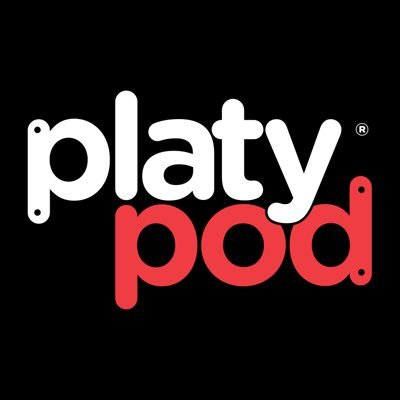|
Intro by Skip Cohen This post by Seth Resnick yesterday really hit home! It's got absolutely nothing to do with imaging directly, but it has everything to do with the quality of life we all want. A good buddy used a great line many years ago in talking about his health challenges: "You can't hide from bad genes!" Well, I'm right in that category with a personal history of hyper-tension, as well as with my Dad. There are days when I'm wound a little too tight, and those ups and downs Seth talks about take a toll. I'm sharing his post because it deserves to be read by EVERYBODY. Very few people ever learn to truly chill out and "roll with the punches," as my Dad loved to say. Ironically, it's not something he ever figured out how to do! Whatever pressures/challenges you've got in your life, Tylenol won't cure everything. Staying mellow is a team effort between your heart, brain, and family. And when you feel like you're about to crash and burn, take a break and chill! by Seth Resnick
We all experience ups and downs in life and when the roller coaster of life delivers that emotional pain we believe it is purely emotional but research shows that the pain is indeed very real. So many people use the term roller coaster but technically it is more like being hit by the roller coaster rather than the ride. The concept of heart ache, heavy heart, pain etc. are not that different from real pain. Brain scans of people who experienced emotional pain have revealed that social pain experienced share the same neural pathways as physical pain. In a recent study 60 people who had recently been through an unwanted divorce had their brains scanned while they looked at pictures of their ex and thought about the breakup. As they stared at the photos, the part of the brain associated with physical pain lit up. Research by Kross concluded, ‘We found that powerfully inducing feelings of social rejection activate regions of the brain that are involved in physical pain sensation, which are rarely activated in neuroimaging studies of emotion.’ Based on the concept that emotional pain and physical pain may not be that different in terms of the pain centers of the neural pathways led to another study on relief of that pain. In a controlled study it was shown that taking Tylenol for three weeks resulted in less hurt feelings and social pain on a daily basis than those who took a placebo. A further study showed the effect was also evident in brain scans. When emotional pain was induced, the part of the brain associated with physical pain lit up in participants who didn’t take Tylenol. Those who took Tylenol showed significantly less activity in that part of the brain. The human brain loves happiness and when there is happiness, new love for example there is a release of dopamine and oxytocin and the brain smiles…. When however there is loss or other emotional pain there is a release of cortisol and epinephrine. Too much cortisol in the brain sends blood to the major muscle groups. They tense up ready to respond to the threat (fight or flight). However, without real need for a physical response the muscles have no opportunity to expend the energy. Muscles swell, giving rise to headaches, a stiff neck and that awful feeling of your chest being squeezed. Getting through emotional pain is as much a physical process as an emotional one but the answer isn’t Tylenol as that can lead to liver and stomach issues. Just know that emotional and physical pain are not all that different and not really just in your head.
0 Comments
Your comment will be posted after it is approved.
Leave a Reply. |
Our Partners"Why?"Check out "Why?" one of the most popular features on the SCU Blog. It's a very simple concept - one image, one artist and one short sound bite. Each artist shares what makes the image one of their most favorite. We're over 100 artists featured since the project started. Click on the link above and you can scroll through all of the episodes to date.
Categories
All
|
© 2019 Skip Cohen University


 RSS Feed
RSS Feed












